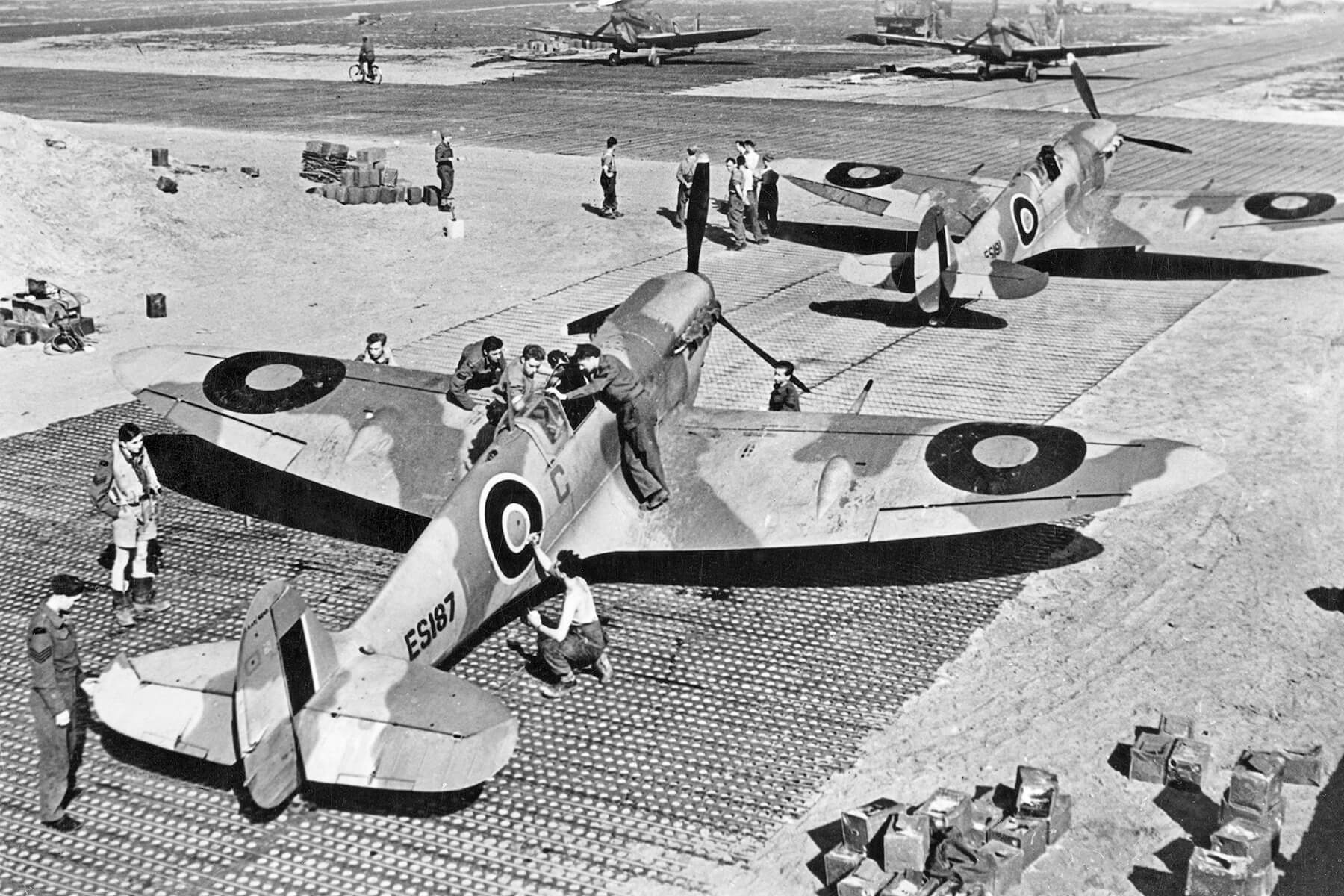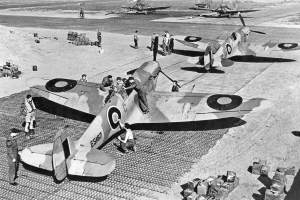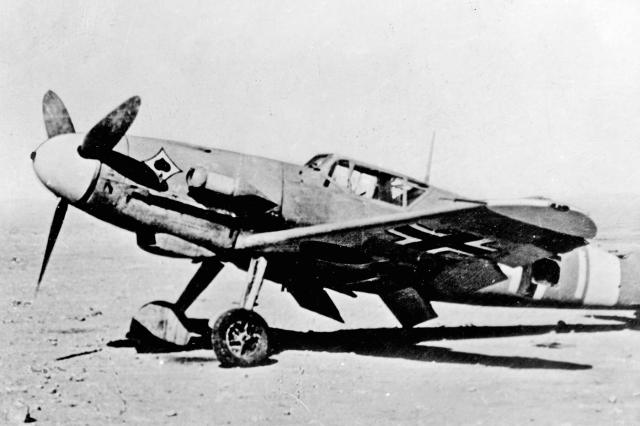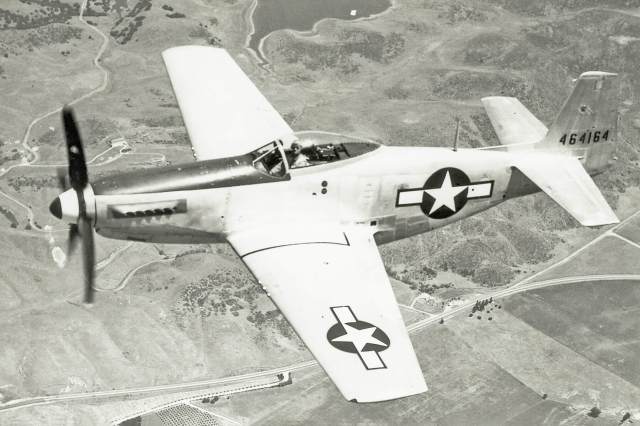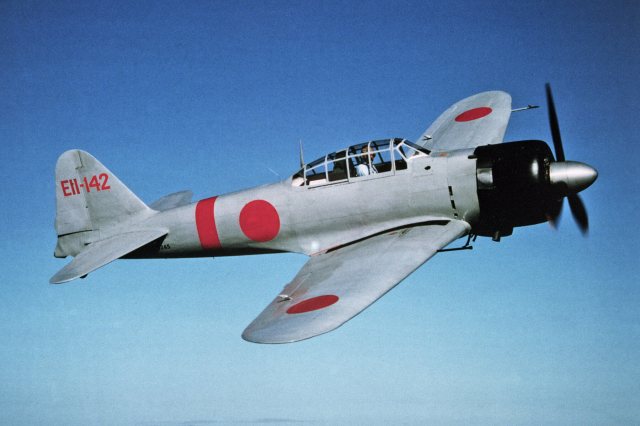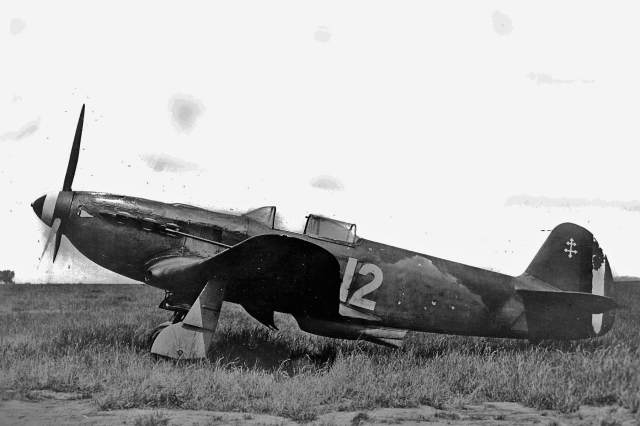5 WWII Fighter Planes You Should Know
World War II was an unprecedented time for advancements in aviation technology, and fighter aircraft played a crucial role in the conflict’s outcome. Fighter planes — the so-called “knights of the sky”— were agile, powerful aircraft designed primarily for air-to-air combat, whether in dramatic dogfights against enemy fighters or while intercepting enemy bombers.
The demands of the war pushed fighter designs to new heights, resulting in planes that were faster, more maneuverable, and more lethal than ever before. And with air superiority often proving pivotal on any given front, from the Battle of Britain to the Battle of Kursk, these machines and their brave pilots helped shape the course of history.
Here we look at five World War II fighter planes — from Britain, the U.S., Germany, Japan, and Russia — that left an indelible mark on aviation history.
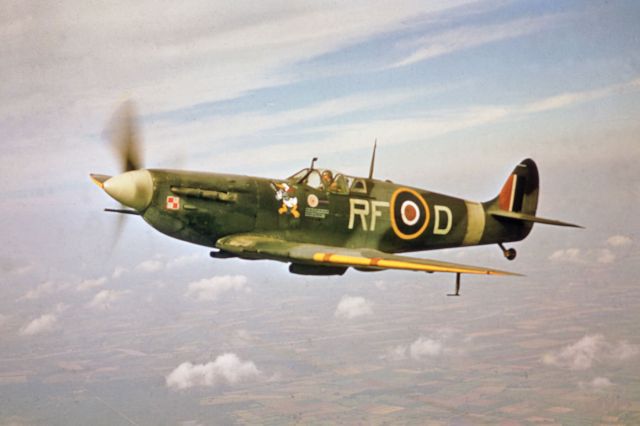
Supermarine Spitfire
Both the Supermarine Spitfire and the Hawker Hurricane played crucial roles during the Battle of Britain, defending British airspace against wave after wave of German bombers and fighters. The sturdier Hurricane was often tasked with intercepting enemy bombers and engaging in ground attack missions, while the Spitfire, with its superior speed and agility, had the edge when engaging enemy fighters.
Both planes were vital, but the elegant Spitfire is regarded by many as the most iconic fighter aircraft of all time. The Spitfire evolved as the war progressed, from the early Mk I to, finally, the Mk 24. More powerful engines, improved armaments, and enhanced aerodynamics allowed the plane to remain competitive against newer Axis designs. Not only was it an engineering marvel, but the Spitfire also became an enduring symbol of British resistance and ingenuity.
You may also like
Recommendations For You
-
01.
 Science & Industry
Science & IndustryWhy Did Doctors Wear Beak Masks During the Bubonic Plague?
-
02.
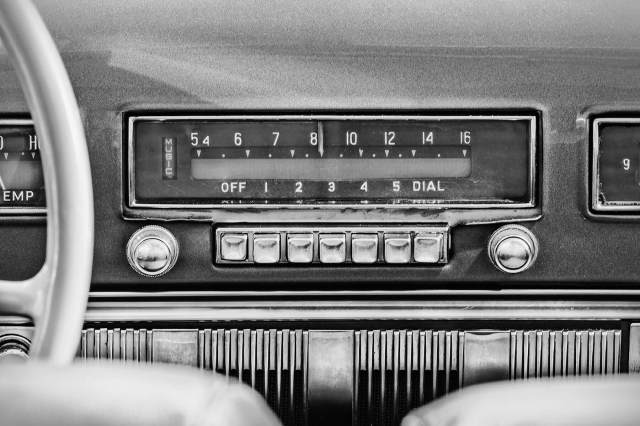 Science & Industry
Science & Industry5 Inventions That Came Out of the Great Depression
-
03.
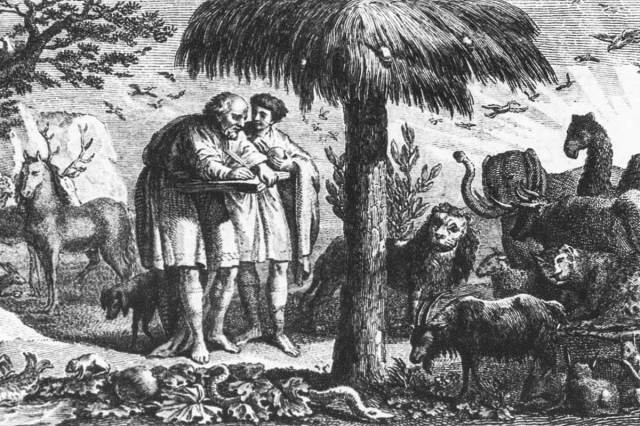 Science & Industry
Science & Industry6 Amazing Breakthroughs Made by the Ancient Greeks
-
04.
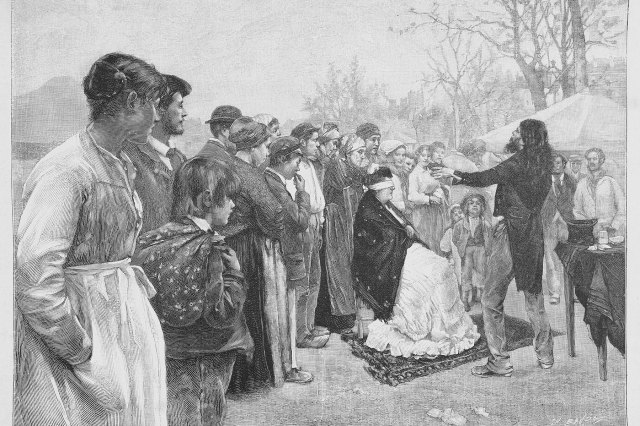 Science & Industry
Science & Industry6 Shocking “Scientific” Beliefs From Victorian England





